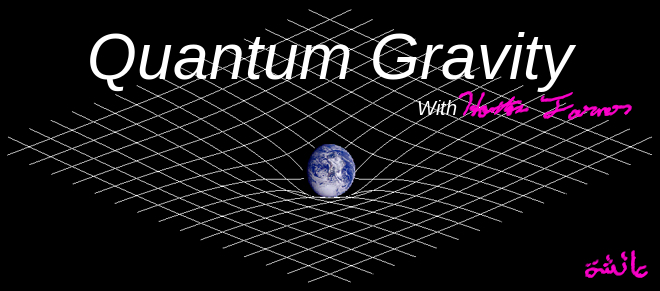The arXiv.org (said as archive) is one of the oldest websites on the internet and serves as a curated collection of scholarly preprints submitted by recognized scientist. I even have a paper there on massive star formation (arXiv:1311.3983). I tried to publish in another area and they say submit to a journal and get feedback. Then a favorable review isn’t enough, so I need to get it published. Then in a subsequent email from them, I must get it published in a “mainstream journal” with no guarantee that being published in any journal would do the trick.
(This relates to the APS talk I gave this year https://meetings.aps.org/Meeting/APR17/Session/H3.5 not to a paper from 2014 which I posted to Science Open. I posted a draft of the paper this article relates to to science open then took it down so I could submit to a "mainstream" journal. It is likely to the ones running arXiv that science open wouldn't be mainstream enough. Read on and you see the problem is they kept "moving the goalpost".)
What is arXiv, why they moderate, and why that can go wrong.
The arXiv has to maintain a certain standard for a reason. The value of arXiv is that it provides a
copy of papers that cost money either way.
That means it is moderated. This
is a reasonable thing to do. There is
also an appeals process which is supposed to avoid abuses. However, when moderation devolves into
unreasoned censorship and even doing what they tell you to get a paper up there
may not sway them someone has to call it what it is.
So, I get endorsements, twice, that is not so unusual.
They ask that I submit to a peer reviewed journal for the “requisite feedback”. I get back a review from Science/Nature (does not matter which one) a long detailed review stating that the paper is not bad, and would be of interest to a small audience. Just not a big enough audience for Nature/Science.
Then arxiv says they need for it to be published in a “mainstream journal”. I ask for clarification of just what comprises a mainstream journal which would ensure acceptance on arXiv. Then I get this.
From: arXiv Moderation
Sent: Friday, March 3, 2017 10:27 AM
To: Farmer, Hontas
Subject: [moderation #187154] arXiv:submit/1796519 removed
Dear Hontas F. Farmer,
You just need to get it published in a journal in which articles undergo a review process. Note that we do not have a list of journals we accept. However note that, having a paper published does not guarantee that it will be announced in arXiv.
--
arXiv admin
Emphasis mine, name of admin removed.
So even if I did what they asked it would probably not be enough. Supposed I submitted to another Nature/Science journal more focused on a specialty . What would the result be. I could never pay an open access fee for such a journal it would be too much. So even if I got it published in Nature/Science or a journal in one of those families that may not be enough. Hypothetically acceptance in Nature/Science wouldn't be enough for them.
What’s the big deal?
In this day and age most papers, in the fields of Physics, and Astronomy, are published open access in some form or fashion.
In this climate being published in a paywalled, traditional, and what I surmise they mean by “mainstream”, format is little better than not being published at all.
If one is browsing for papers on their Ipad, or phone or other device and has to pay they are not going to read it. If one has to even enter university library credentials that can be a pain in the rump many will simply avoid.
The assumption that serious researchers would be reading on a computer, on a campus, logged into a university or national lab IT system, etc is from the early 2000’s or really the 1990’s.
Philosophically, I believe in open access and I believe in public, post publication, peer review. The peoples taxes pay my salary, and for my retirement, and who’s taxes loaned me money for school and pay for the facilities I rely on. They shouldn’t have to pay Springer or Elsevier $30 bucks to read my work. If anything I should pay them to host it.
As for public, peer review, post publication, the attitude of the arXiv moderators shows why that’s needed. It is possible to be frank, honest, and negative, without being unreasonable or insulting. Having to be publicly accountable for one’s words ensures fairness in the process. Individual researchers are then free to use their own judgement on the pros and cons of a paper and contribute to the flow of ideas that will lead ultimately to greater knowledge accepting or rejecting all or part of a paper individually. The mainstream and traditional process is based on authority and belongs to a past era of paper and ink not hard drives and internet.
The bottom line
Yes, the arXiv does in fact censor ideas that don’t fit the taste of the moderators. Even if those ideas have been found acceptable enough to publish, or have at a conference. …. Yet they accepted how many papers about faster than light neutrino physics based on a clearly obviously flawed set up? Accepting those and not papers like mine which have a prayer of being right and propose an experiment to prove or disprove them is not scientific moderation. What that is is art criticism based on ones feelings about an idea without reasons and logic. That is the essence of censorship, not moderation.



Comments